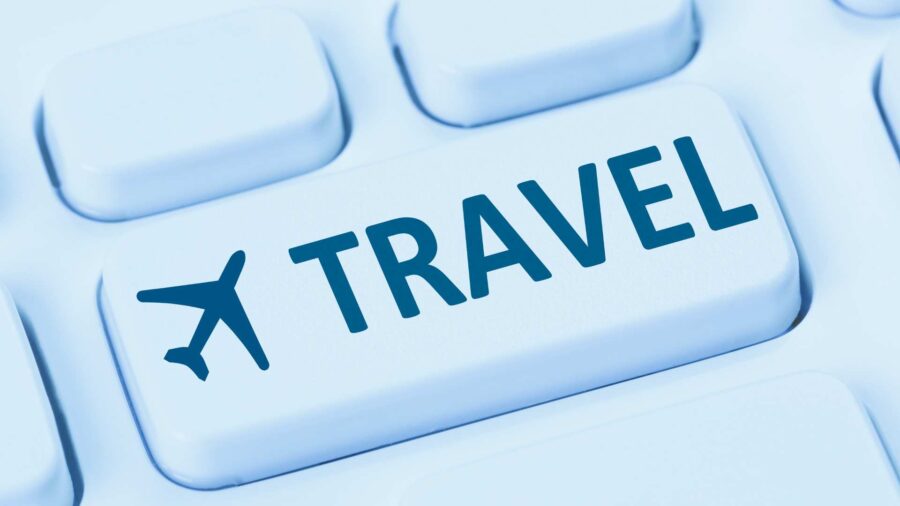
Shoulder season travel: What is it and why should you be doing it?
An expert has revealed why you should be travelling during shoulder season and why it’s the most cost effective time to travel.

What is shoulder season?
If you’re looking to save a few bucks while planning your vacation, a travel expert has revealed that you should be keeping shoulder season in mind when booking flights.
According to Daily Mail, Jesse Neugarten, a travel expert and CEO, explains that a ‘shoulder season’ is the most cost effective time to travel and generally refers to the ‘periods between peak and off-peak travel times when destinations are less crowded, and travel costs are generally lower.
Neugarten gives an example of when travelling to Europe, shoulder season would be in late spring (April to early June) and early autumn (September to October), where the weather is usually still good without the high prices and large crowds of peak season.
The travel expert also says that if you want to secure the best bargain, travellers should book three months in advance. She also gives a few tips on how to save. These include:
- Planning your travel in advance,
- Being as flexible as you can,
- and to use fare alerts for flights.
Money-saving hacks if you’re travelling on a budget
If you still need a little help travelling on a budget, here are a few more hacks to consider:
USE PRICE COMPARISON WEBSITES AND APPS
Price comparison websites and apps are a great money-saving hack to find the best deals on flights, hotels, and car rentals by comparing prices from various providers.
Check out websites like Skyscanner, Kayak, and Google Flights for airfare. For money-saving accommodation, consider Booking.com, Airbnb, and Hostelworld. Set up price alerts to monitor fluctuations and book when prices drop.
OPT FOR ALTERNATIVE ACCOMMODATIONS
Hotels can be expensive, especially in popular tourist areas. Alternative accommodations can offer significant savings and unique experiences while stilling giving you a place to rest.
Look for options like hostels, guesthouses, Airbnb, house swaps, or even Couchsurfing.
USE PUBLIC TRANSPORTATION
Taxis and rideshares can be expensive, especially for longer distances when travelling. In some countries, public transportation is usually much cheaper and can give you a more authentic travel experience.
Familiarize yourself with the local public transportation system. Buy multi-day or weekly passes if they are money-saving. In some cities, apps like Google Maps or Citymapper can help you navigate public transport easily. You could also consider renting a bike in bike-friendly cities.